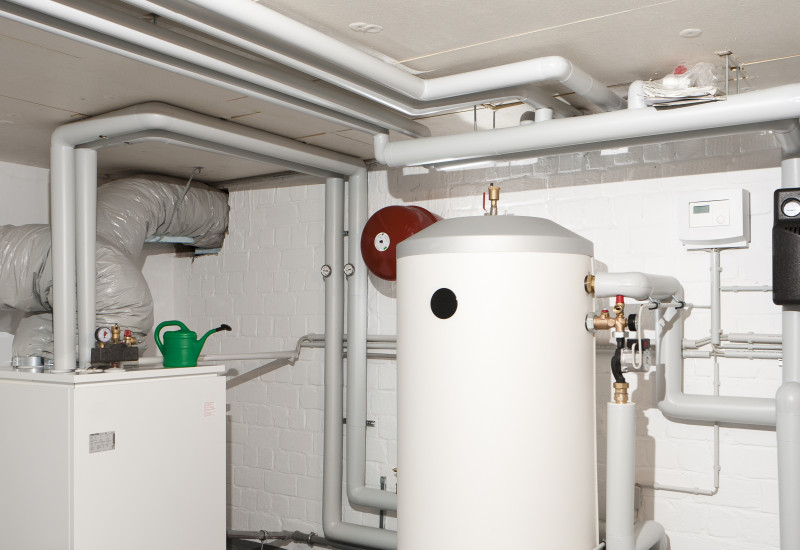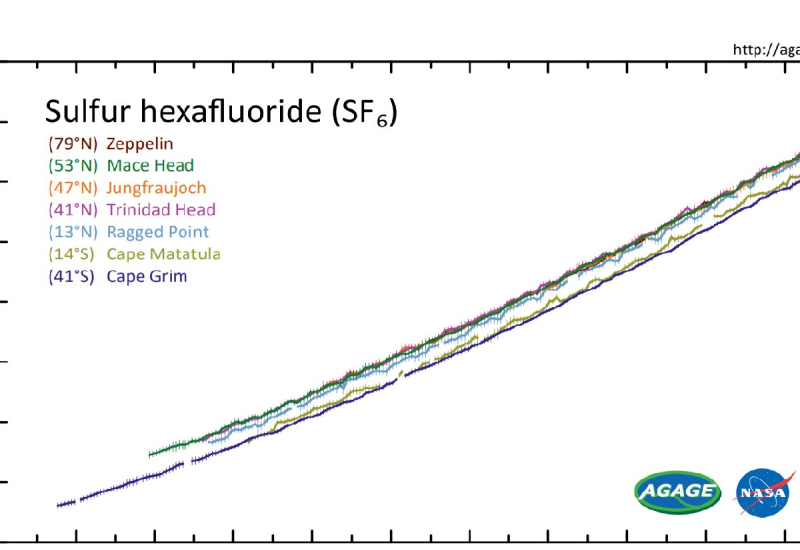Transport of refrigerated and chilled products like food is on the rise worldwide. Whether goods are transported on the road, by train or ship, the cooling temperatures must be maintained exactly. Many transport refrigeration units contain fluorinated refrigerants acting as greenhouse gases in the atmosphere. These substances need to be replaced by refrigerants having less impact on the climate. read more
partly halogenated hydrofluorocarbons
Climate | Energy
Emission trajectories
As a signatory to the United Nations Framework Convention on Climate Change (UNFCCC), Germany is required to elaborate annual emission inventories, including for fluorinated greenhouse gases. read more
Climate | Energy
Heat pumps
Heat pumps are coming into increasing use for heating of buildings and for hot water production in commercial as well as industrial applications. Heat pumps use natural heat in a very energy-efficient way. read more
Climate | Energy
Persistent fluorinated greenhouse gases
Long-lived fluorinated greenhouse gases are characterized by a long atmospheric residence time and a global warming potential well above 5000 CO2 equivalents. They are not degraded in manageable periods of time, but accumulate in the atmosphere. Besides sulfur hexafluoride (SF6), nitrogen trifluoride (NF3) and fully fluorinated hydrocarbons (PFC), such as CF4 and C2F6, belong to this group of subs... read more
Climate | Energy
Building air conditioning
It is only recently that air conditioning has become relatively common in German buildings. The high standard of living has ramped up expectations concerning comfort and convenience in the home and particularly at the workplace, and this in turn has increased energy demand. The refrigerants used in more than 95 percent of Germany’s air conditioners strongly affect the climate. read more




